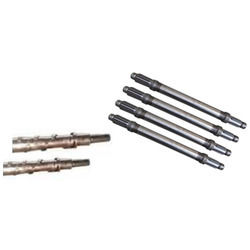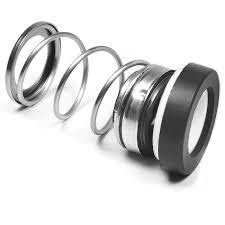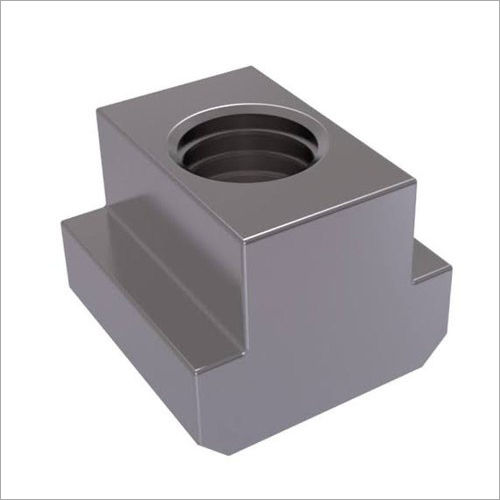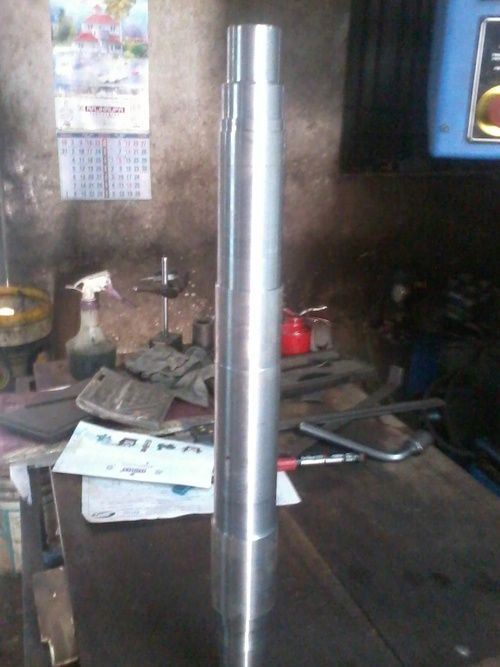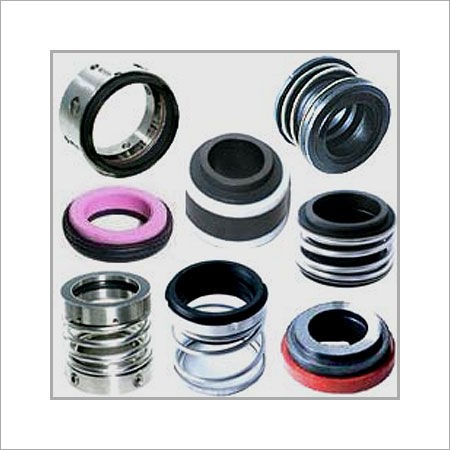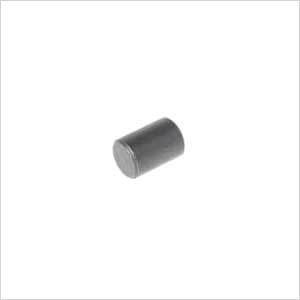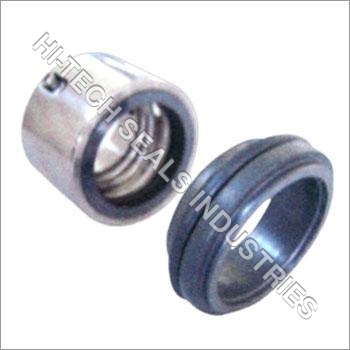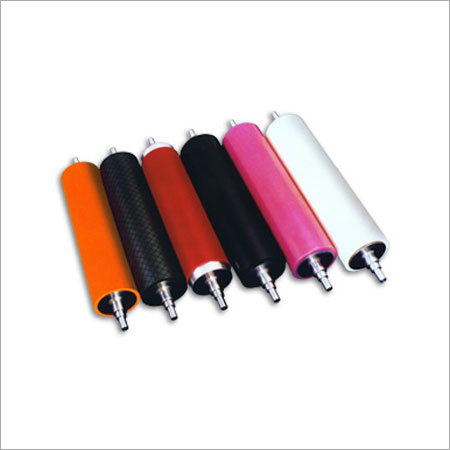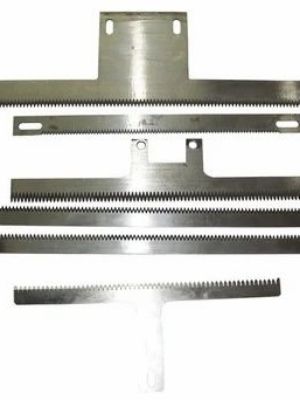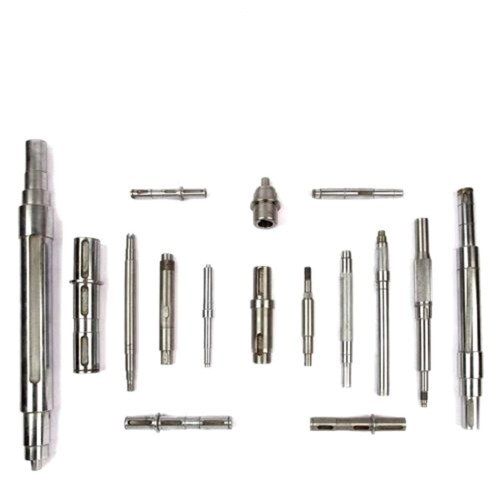
Mechanical Shafts
Price: 944.00 INR
(800.00 INR + 18% GST)
Get Latest Price
MRP:
1000.00 INR / Number
Weight :
500.00 Gram
1 Pack Contains :
1
Minimum Pack Size :
1
In Stock
-1+
Product Specifications
| Material | Steel |
| Diameter | 10-50mm |
| Length | 50-200mm |
| Surface finish | Ra 0.8µm |
| Tolerance | ISO 286 |
| Usage | Machine components, transmission systems, industrial equipment. |
| Hardness | 50-60HRC |
| Features | High strength, Precise machining, Customizable sizes, Durable material, Reliable performance |
| Supply Ability | 100 Per Week |
| Delivery Time | 10 Days |
| Unit Type | Number |
| Moq | 1 |
| Price Type | fixed |
| Pkg Box Height | 20.00 cm |
| Product Unit | 1 Number |
| Pkg Box Length | 20.00 cm |
| Packsize | 1 |
| Price | 800.00 INR (Approx.) |
| Currency | INR |
| Weight | 500.00 Gram |
| Pkg Box Breadth | 20.00 cm |
| Brand Name | MECHANICAL SHAFT |
| Mop | 1 |
| Shipping Rate | 500.00 |
| Returnable | No |
| Shipping Type | flat_rate |
| GSTIN | 18% |
| Stock Quantity | 100 |
| MRP | 1000.00 INR |
| Minimum Order Quantity | 1 |
| Minimum Ordered Packs | 1 |
Product Overview
Key Features
A mechanical shaft is a crucial component in various mechanical systems, responsible for transmitting rotational motion and torque between different machine elements. It is a long, cylindrical metal rod typically made from materials like steel or stainless steel, chosen for their strength and durability.
The mechanical shaft is designed to withstand bending, torsion, and other loads that occur during operation. Its diameter and length are determined based on the specific application and the amount of torque it needs to transmit. Shafts can be solid or hollow, depending on the requirements of the system.
The ends of the shaft are often machined to facilitate the connection with other components. Common types of shaft ends include keyways, splines, threads, or flanges, which allow for the secure attachment of gears, pulleys, couplings, or other rotating elements. The connection method ensures a positive transfer of torque and minimizes slippage or misalignment.
Shafts may feature additional features or modifications to enhance their performance. For example, shafts used in high-speed applications may require balancing to minimize vibration and ensure smooth operation. Surface treatments like coatings or hardening can be applied to increase wear resistance and protect against corrosion.
In certain applications, the shaft may also incorporate specific features such as journals or bearings to support and guide rotating elements. Bearings are used to reduce friction and allow the shaft to rotate smoothly within its housing. These bearings can be plain bearings, ball bearings, roller bearings, or other types, depending on the load, speed, and precision requirements.
The design and selection of a mechanical shaft involve careful consideration of factors such as the required torque capacity, operating speed, misalignment tolerance, and environmental conditions. Additionally, calculations and analysis of factors like shaft deflection, critical speed, and fatigue life may be conducted to ensure safe and reliable operation.
Proper lubrication and maintenance are essential for the longevity and performance of mechanical shafts. Lubricants reduce friction, dissipate heat, and protect against wear and corrosion. Regular inspections and maintenance procedures, such as checking for signs of wear, misalignment, or fatigue, are necessary to ensure the shaft's continued functionality and prevent unexpected failures.
In summary, a mechanical shaft serves as a crucial link in transmitting rotational motion and torque in mechanical systems. It is designed to withstand various loads and is carefully selected based on specific application requirements. Proper design, material selection, and maintenance are essential for ensuring the shaft's reliability, longevity, and efficient operation.
The mechanical shaft is designed to withstand bending, torsion, and other loads that occur during operation. Its diameter and length are determined based on the specific application and the amount of torque it needs to transmit. Shafts can be solid or hollow, depending on the requirements of the system.
The ends of the shaft are often machined to facilitate the connection with other components. Common types of shaft ends include keyways, splines, threads, or flanges, which allow for the secure attachment of gears, pulleys, couplings, or other rotating elements. The connection method ensures a positive transfer of torque and minimizes slippage or misalignment.
Shafts may feature additional features or modifications to enhance their performance. For example, shafts used in high-speed applications may require balancing to minimize vibration and ensure smooth operation. Surface treatments like coatings or hardening can be applied to increase wear resistance and protect against corrosion.
In certain applications, the shaft may also incorporate specific features such as journals or bearings to support and guide rotating elements. Bearings are used to reduce friction and allow the shaft to rotate smoothly within its housing. These bearings can be plain bearings, ball bearings, roller bearings, or other types, depending on the load, speed, and precision requirements.
The design and selection of a mechanical shaft involve careful consideration of factors such as the required torque capacity, operating speed, misalignment tolerance, and environmental conditions. Additionally, calculations and analysis of factors like shaft deflection, critical speed, and fatigue life may be conducted to ensure safe and reliable operation.
Proper lubrication and maintenance are essential for the longevity and performance of mechanical shafts. Lubricants reduce friction, dissipate heat, and protect against wear and corrosion. Regular inspections and maintenance procedures, such as checking for signs of wear, misalignment, or fatigue, are necessary to ensure the shaft's continued functionality and prevent unexpected failures.
In summary, a mechanical shaft serves as a crucial link in transmitting rotational motion and torque in mechanical systems. It is designed to withstand various loads and is carefully selected based on specific application requirements. Proper design, material selection, and maintenance are essential for ensuring the shaft's reliability, longevity, and efficient operation.
Company Details
UNITECH ENGINEERING COMPANY, Established in 2022 at Mohali in Punjab, is a leading service provider of Shafts & Shaft Collars in India. UNITECH ENGINEERING COMPANY is one of Trade India's verified and trusted names for listed services. With extensive experience in the field of Shafts & Shaft Collars, UNITECH ENGINEERING COMPANY has made a reputed name for itself in the market with satisfactory MECHANICAL SHAFTS, etc.
Focusing on a customer-centric approach, UNITECH ENGINEERING COMPANY has a pan-India presence and caters to a huge consumer base throughout the country. Get Shafts & Shaft Collars from UNITECH ENGINEERING COMPANY at Trade India quality-assured services.
Focusing on a customer-centric approach, UNITECH ENGINEERING COMPANY has a pan-India presence and caters to a huge consumer base throughout the country. Get Shafts & Shaft Collars from UNITECH ENGINEERING COMPANY at Trade India quality-assured services.
Business Type
Manufacturer, Service Provider, Supplier
Employee Count
5
Establishment
2022
Working Days
Monday To Sunday
GST NO
03AAHFU1126A1ZY
Payment Mode
Others
Related Products
Explore Related Categories
More Product From This seller
Seller Details

GST - 03AAHFU1126A1ZY
Mohali, Punjab
Ceo
Mr Neel Mistry
Address
Plot no. 506, Industrial Area, Mohali, Punjab, 160062, India
Report incorrect details



